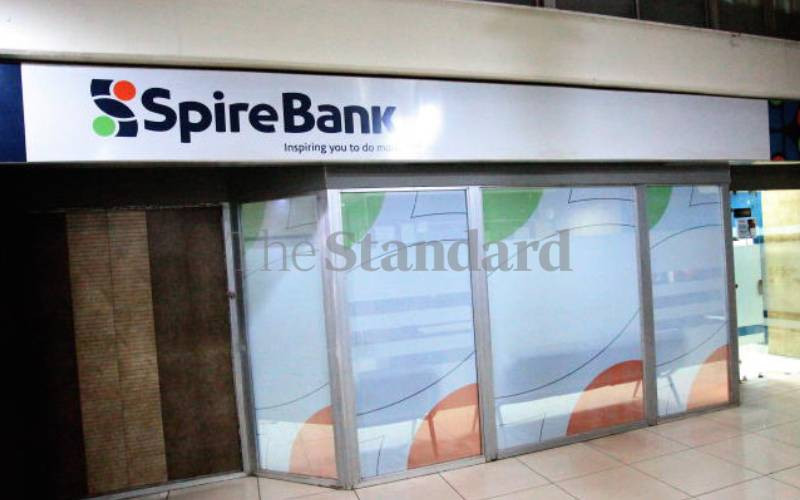
If the Central Bank of Kenya (CBK) had placed troubled Spire Bank under statutory management, like it did with Chase Bank, Dubai Bank, Imperial Bank and a host of others before, we would right now be having a stream of more than 20,000 depositors queuing and yelling at Spire Bank's 10 branches without recourse. And they wouldn't be able to access those deposits for a couple of years, if at all.
But the script has changed, thanks to the ingenious transaction between Equity Bank and Mwalimu National Sacco, the 75 per cent owners of Spire Bank, that saw Equity acquire some loan assets and deposit liabilities of the bank, saving the depositors financial damage and heartaches.







